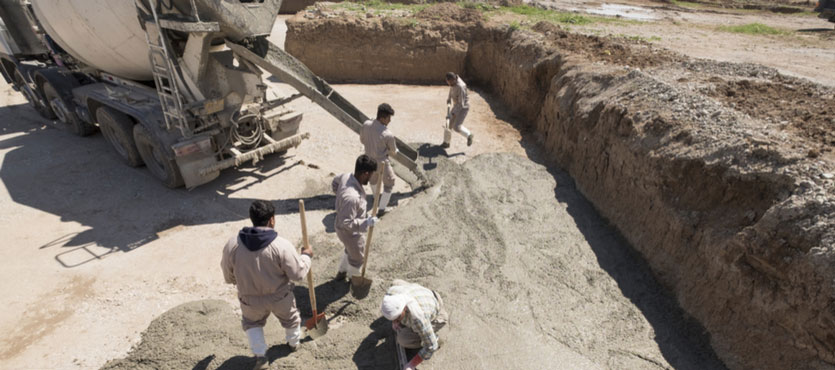In the decade that ended in 2016, the Department of Defense spent over $249 billion on contractors in Iraq and Afghanistan, many of whom were injured.
While contractor numbers peaked in 2009 (Iraq) and 2012 (Afghanistan), numbers remain high. At the end of 2016, the United States Central Command employed nearly 43,000 private military contractors, and well over half were deployed in Iraq and Afghanistan. Moreover, if some people have their way, these numbers may expand significantly under the Trump Administration, particularly in Afghanistan. Erik Prince, the former Navy SEAL officer and Blackwater founder, recently floated an idea for President Trump to appoint a viceroy for Afghanistan, a position much like the one General Douglas MacArthur held when he ruled Japan following World War II. The viceroy, who would be accountable only to the President, would have almost unlimited authority.
In addition to the Japan example, there is more recent evidence that such a scheme could work. In 2015, after a largely fruitless six-year war against Boko Haram terrorists, Nigeria quietly, and some have argued illegally, hired South African mercenaries. In under a month, the former apartheid fighters largely dislodged Boko Haram militants from Nigerian territory. The experience has led to speculation that a similar privatized war could be effective in East Africa against al-Shabaab or the Islamic State.
Private military contractors, whether they wield guns or computer keyboards, operate in other trouble spots around the world as well, at the behest of nation-states and even some terrorist groups.
What Contractors Do
Much like the life of a soldier, the life of an overseas contractor is often about 90% sheer boredom and 10% sheer terror. While there are some “door-kickers,” most overseas contractors are more like door checkers. In addition to occupying checkpoints and checking IDs, they often escort convoys and visiting VIPs. But in places like Southwest Asia, as almost anyone who has been in-country will attest, these seemingly mundane duties are almost every bit as hazardous as life on the front line.
The DoD likes deploying paramilitary contractors because these formations are so scalable. One phone call, and armed contractors are in-country, and with another phone call, they are gone. Furthermore, since many contractors are former military, they may have some experience that new recruits do not have.
In fact, many contractors have skill sets that regular service members do not have. For example, a large number of contractors are foreign nationals who serve as translators and in other capacities. Moreover, as the above story mentioned, many contractors are “cyber-contractors” who both protect systems against hackers and train other people to perform this task.
Once the area is somewhat pacified, armed and unarmed contractors play a vital role in rebuilding efforts. After controversy swirled around American rebuilding efforts in Iraq, there is more scrutiny in this area and a higher demand for more professionalism and accountability. So, the DoD may be willing to pay a little extra for the best construction contractors. Moreover, since areas like Iraq and Afghanistan are never really “pacified” in the traditional sense, armed contractors must remain in-country to protect the workers.
Compensation Available
Whether overseas contractors are injured due to militant action, such as a firefight or a roadside bomb, or in a workplace accident, such as a fall from scaffolding or electrocution, the Defense Base Act provides compensation for:
- Lost Wages: Most victims receive two-thirds of their average weekly wage until they are cleared to return to work. Similarly, victims who can return to work but must accept lower-paying positions due to a permanent disability usually receive most of the difference between their old and new salaries.
- Medical Bills: The DBA provides comprehensive treatment at no cost, from emergency care all the way through physical rehabilitation. Most victims can choose their own doctors.
Typically, financial benefits are retroactive to the date of the injury, even if the award comes after several months or years. In the meantime, an attorney can usually arrange for medical care with no upfront cost.
Strict requirements and time deadlines apply in these cases, and courts hardly ever grant exceptions or extensions. These requirements often come into play when victims are injured not because of a sudden trauma, but because of an occupational disease, such as PTSD or burn pit exposure. Particularly in these cases, it is important to have an aggressive attorney who will fight for you.
Occupational disease victims are entitled to the same compensation as those hurt in trauma incidents. In both instances, documentation is often a key to a successful claim.
To get the benefits you deserve, contact Barnett, Lerner, Karsen & Frankel.

